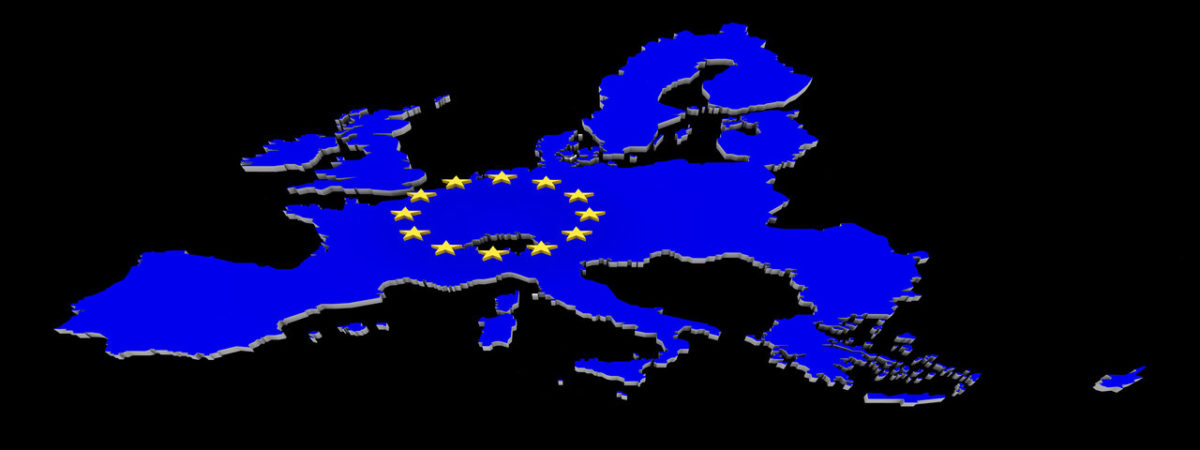SMPC votes to hold interest rates
SUGGESTED



The SMPC votes six to three against lowering rates
In the presentation of the international economic situation, concerns were expressed for international inflation. Across the world, the rate of broad money has been increasing to a level incompatible with current inflation levels. Future interest rate increases were likely in the Eurozone and in the United States.
The picture was less clear in the UK. There has been a slowdown in the UK economy, but this was a result of factors such as increased taxation and reduced consumer spending rather than as a result of monetary policy. Money supply growth is still strong. One member, Gordon Pepper, was particularly concerned about the way in which broad money growth was working its way into asset price inflation and other members expressed concern about rapid money supply growth and the prospects for inflation.
However, other members, including Dr Peter Warburton who had delivered a briefing on the Economic Situation to the meeting (see: the minutes of the meeting), believed that the risks of undershooting the inflation target were greater than the risks of overshooting and that, as a result, interest rates should be cut.
Read the full report here.



